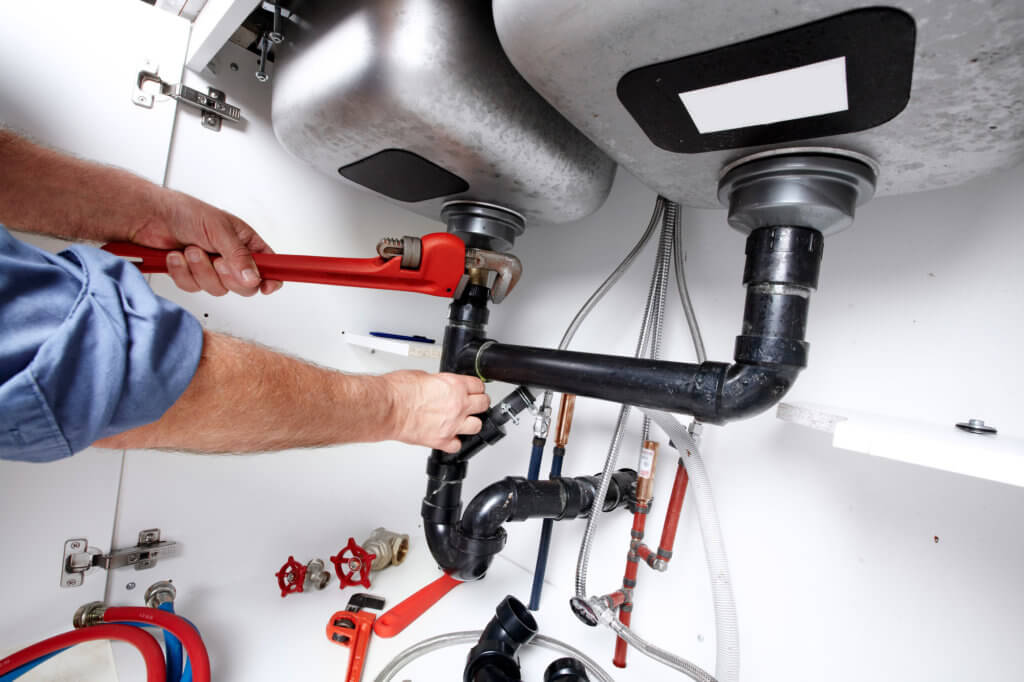Have you heard that modern indoor plumbing similar to what we know today was first invented in the 1500s?
Home plumbing is a crucial aspect of any household. It ensures that clean water flows in and wastewater gets disposed of in a safe way. It’s always wise to understand the workings of your house’s plumbing system and tackle plumbing problems right away.
Would you like to break down how plumbing works? Read on for a fascinating explanation so you can take better care of your home.
Understanding Home Plumbing
Home plumbing comprises a network of pipes, fixtures, and appliances. They deliver fresh water to various parts of your house and remove wastewater. The plumbing system is divided into two main categories: supply plumbing and drain-waste-vent (DWV) plumbing.
Supply Plumbing
Supply plumbing brings fresh water from the main water line into your home. This water is vital for everyday activities like cooking and cleaning.
The supply plumbing system works on a pressurized basis. This allows water to flow through the pipes and into the designated fixtures. These pipes are often made of materials like copper, PEX, or PVC.
Once the water enters your house, it’s distributed to different fixtures through a series of branching pipes. Valves are used to control the flow of water. This allows you to turn it on or off at specific fixtures.
DWV Plumbing
The drain-waste-vent plumbing system is responsible for carrying wastewater and sewage away from your house. From there, it goes to your septic tank or a municipal sewer system. This system prevents foul odors and harmful gases from entering your home by using vents that allow air to escape.
In the DWV plumbing system, drainage pipes collect wastewater from various fixtures and carry it to the main sewer line or septic tank. These pipes are sloped downward. This ensures gravity helps the wastewater flow away from your home.
Vents are an integral part of the DWV system since they allow air to enter the plumbing system. This prevents water from siphoning out of traps. Without vents, you might experience gurgling drains or foul odors in your home.
Types of Plumbers
As you can now imagine, plumbing systems can be tricky to master. This is why some plumbers choose to specialize in residential or commercial work. Some plumbers can tackle both.
Residential Plumbers
Residential plumbers are skilled professionals who specialize in home plumbing systems. They are adept at installing, repairing, and maintaining plumbing fixtures and pipes.
Residential plumbers work with homeowners to address their plumbing concerns. Some common services they provide include the following:
- Installing new fixtures
- Repairing leaks
- Unclogging drains
Commercial Plumbers
Commercial plumbers work on commercial buildings like offices, restaurants, and retail spaces. They deal with larger-scale projects, including complex piping systems and commercial-grade fixtures.
Commercial plumbing systems are more extensive and intricate compared to residential systems. They often require specialized equipment and a deeper understanding of commercial building codes.
Hiring a Plumber
You don’t want to let a random plumber into your home. You have to be confident that they’re the greatest professional for the job in your area.
Research and Recommendations
When hiring a plumber, start by researching local plumbing services and reading customer reviews. Researching different plumbing companies allows you to compare services, pricing, and customer feedback.
Licensing and Insurance
No homeowner should ever let a contractor in their home who isn’t licensed and insured. Licensing indicates that the plumber has met specific requirements and possesses the necessary skills to perform plumbing work. Insurance keeps you and your property secure in case of any accidents or damages during the job.
Experience and Expertise
Experienced plumbers have encountered various plumbing problems throughout their careers. This allows them to diagnose issues and implement the best solutions fast. They also stay updated with the latest plumbing technologies and techniques to do high-quality work.
Transparent Pricing
Request quotes from several plumbers and compare their pricing. A reliable plumber will provide transparent pricing and breakdowns of the costs involved. Transparent pricing allows you to understand the costs associated with the plumbing services you need.
Common Plumbing Services
The unfortunate truth is that every homeowner will need plumbing services at some point. To ease your discomfort and keep the bill low, get help right away.
Leak Repairs
Leaky faucets, pipes, and toilets are common plumbing problems. Leaky fixtures and pipes can waste significant amounts of water and lead to higher water bills. Prompt leak repairs not only conserve water but also prevent water damage to your home’s structure and fixtures.
Drain Cleaning
Clogged drains are a nuisance and can disrupt your everyday routine. They can lead to slow drainage and foul odors. Plumbers use specialized tools to clear the clogs and restore proper drainage.
Water Heater Services
Regular water heater maintenance extends its lifespan and improves energy efficiency. Plumbers can flush the tank, check for any issues, and perform a water heater repair or replacement when necessary. Plumbers can also address issues like insufficient hot water or strange noises coming from the water heater.
Pipe Replacement
Pipe replacement may be necessary for older homes with outdated plumbing systems. New pipes can enhance water flow and reduce the risk of leaks or bursts. This provides you with a more reliable plumbing system.
Understanding How Plumbing Works Can Empower Homeowners
Understanding how plumbing works in your house is paramount for keeping the system efficient throughout your lifetime. Getting help from a talented plumber will keep everything under control. With this guide, you don’t have to feel intimidated when discussing your plumbing needs.

